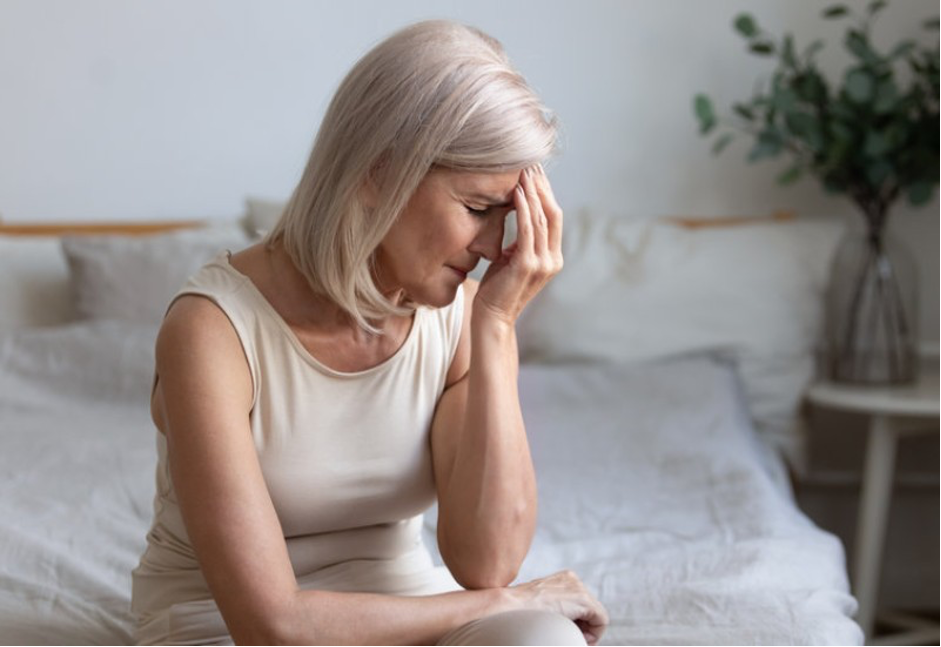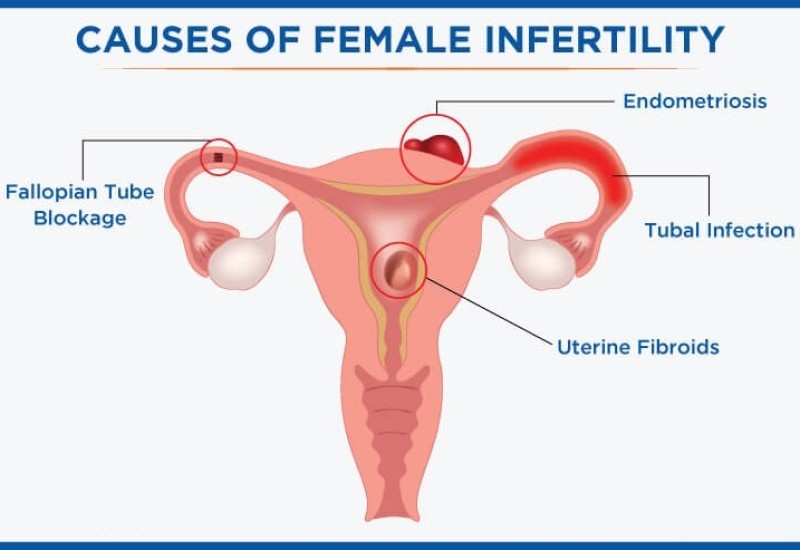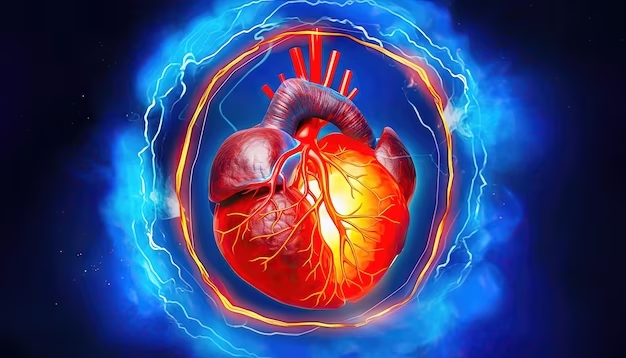Menopause is an inevitable natural process, yet its symptoms must be managed effectively to minimize discomfort. By following a healthy diet and engaging in regular physical activity and engaging in self-care practices, these symptoms may be reduced considerably.
As women reach perimenopause, their periods may become irregular or even stop altogether – an entirely normal and still possible symptom that makes conception possible.
For menopausal care in Noida, consult at Niraamaya Clinic.
Menopausal Symptoms
Menopause occurs when women’s ovaries cease producing estrogen and progesterone, and this decline can result in many physical changes, such as irregular periods or hot flashes; when these occur at night they are known as night sweats.
Women entering menopause often experience mood shifts as a result of hormonal fluctuations, including depression and irritability.
Some women may begin their menopausal transition earlier than others, known as premature menopause. It can be brought on by cancer treatments or surgical procedures like hysterectomy which removes their ovaries – in such instances, contraception must continue to be used so as not to risk pregnancy.
Hormone Replacement Therapy
Hormone replacement therapy (HRT) is a widely utilized solution for menopausal symptoms, beginning as early as perimenopause. HRT may help alleviate various signs and symptoms associated with menopause such as hot flashes, vaginal dryness, bladder issues and weight loss while simultaneously increasing libido and making sexual encounters more pleasurable.
HRT comes in various forms, including pills, patches, creams, vaginal rings and gels. Doctors may prescribe estrogen alone or in combination with progestin to help prevent uterine cancer while decreasing the risk of endometrial cancer and cardiovascular disease. HRT may be taken either cyclically with your menstrual cycle or continuously after having your ovaries removed.
Hormone usage can be an individual decision based on her medical history and potential risks. Some doctors advise trying different doses until one relieves menopausal symptoms while protecting against long-term risks like cardiovascular disease, stroke, Type2 Diabetes and osteoporosis. They can also help women manage symptoms with diet, exercise and supportive advice.
Diet and Exercise
Women can ease menopausal symptoms through eating well and exercising regularly, helping reduce hot flashes, improve sleep quality, lower stress levels and keep their weight within healthy boundaries. Regular physical activity also decreases risks of cancer and heart disease as it helps keep our weight under control.
Menstrual cycles that suddenly stop or become lighter, shorter or more frequent are a telltale sign of women entering perimenopause – the transitional stage in between menopause and postmenopause where hormones can become imbalanced leading to discomfort, irritability, hot flashes fatigue and mood swings (1).
Exercise can play an integral part in improving bone health for older women. Exercise can prevent osteopenia and osteoporosis – two conditions common before and during menopause (2); to decrease injury risk it’s also essential to warm up before beginning exercises by stretching or walking, then cool down after by walking or doing light stretching (3); exercises which build strength, balance and flexibility may also prove helpful postmenopausally (4).
Self-Care
Menopause is an inevitable part of ageing; however, for many women it comes with uncomfortable symptoms that can impair quality of life or make you anxious or depressed. If this occurs to you, speak to your GP immediately as they will have effective treatments available to them to address these concerns.
Being physically active offers numerous advantages during perimenopause and menopause, helping you feel your best throughout this transitional phase. Regular physical activity relieves stress, increases energy and strength development while supporting restful sleep patterns. For optimal results it is recommended to participate in at least 30 minutes of physical activity each week for best results.
If you are experiencing mental health difficulties during menopause, please reach out to either your GP practice or call 111 for urgent assistance. Women in crisis who are considering suicide should reach out to Samaritans on 116 123 for support, or visit one of your local support services; family and friends can also offer guidance.








